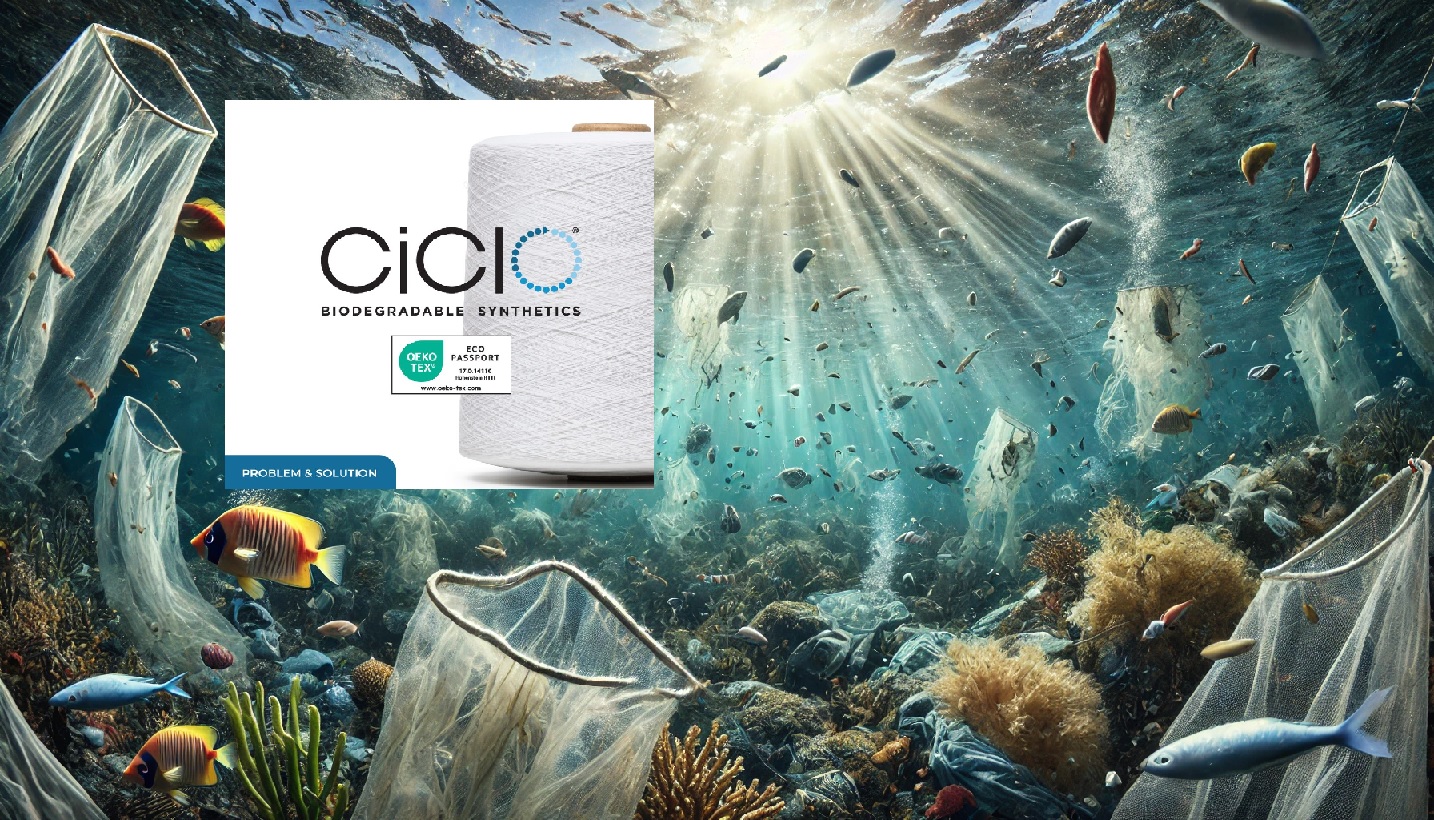SPINNOVA ® is considered to be the most sustainable fiber that is revolutionizing the textile industry with its unique and eco-friendly production process. Here are the key points about SPINNOVA®:
Raw Material:
SPINNOVA ® is made from wood pulp, the same pulp that’s used for making paper. The wood comes from FSC certified tree farms. Apart from wood, almost any cellulosic biomass can be used as raw material, including agricultural waste such as wheat straw, as well as cotton waste.
Process:
The process of creating SPINNOVA ® is inspired by how a spider produces its web.
Spinnova’s process involves mechanically treating the pulp to create micro fibrillated cellulose, which serves as the feedstock for their process. Traditional methods often involve chemical treatments to dissolve and regenerate fibers.
The pulp raw material is mechanically refined and transformed into a spinning-ready fiber suspension without harmful chemistry. No dissolving, no regeneration is involved. Upon spinning into filament, the suspension flows through a unique nozzle at high pressure.
SPINNOVA ® has developed a sustainable inherent dyeing method, where the cellulosic fiber mass is dyed before extruding into filament. This avoids the excess use of water, energy, heavy metals, and other harmful substances that go into dyeing fiber, thread, and fabric in traditional methods
Properties:
SPINNOVA ® fiber is 100% natural, 100% biodegradable, and 100% recyclable. It uses zero microplastics. The end-product is more comparable to natural fibers like cotton and linen. Its technical properties and aesthetics are like those of natural fiber.
Applications:
SPINNOVA ® has been used by major apparel companies like adidas, H&M, and Marimekko. It has been used in products ranging from trousers and parka jackets to mid-layer hoodies and printed products. The fiber is versatile and can be used in a variety of textile products.

Sustainability Aspects:
SPINNOVA ® is a highly sustainable material for several reasons:
- It is made from natural raw materials, reducing the need for synthetic fibers.
- The process of creating SPINNOVA ® uses no harmful chemicals, close to zero water, and results in minimal CO2 emissions.
- It produces no harmful byproducts or waste. One kilogram of raw material becomes one kilogram of textile fiber. .
- The fiber will never pollute oceans with microplastics.
- The production of SPINNOVA ® helps mitigate climate change and addresses the textile industry’s growing textile waste problem.
- The company aims to make ecological, cellulose-based textiles an everyday, affordable commodity.



